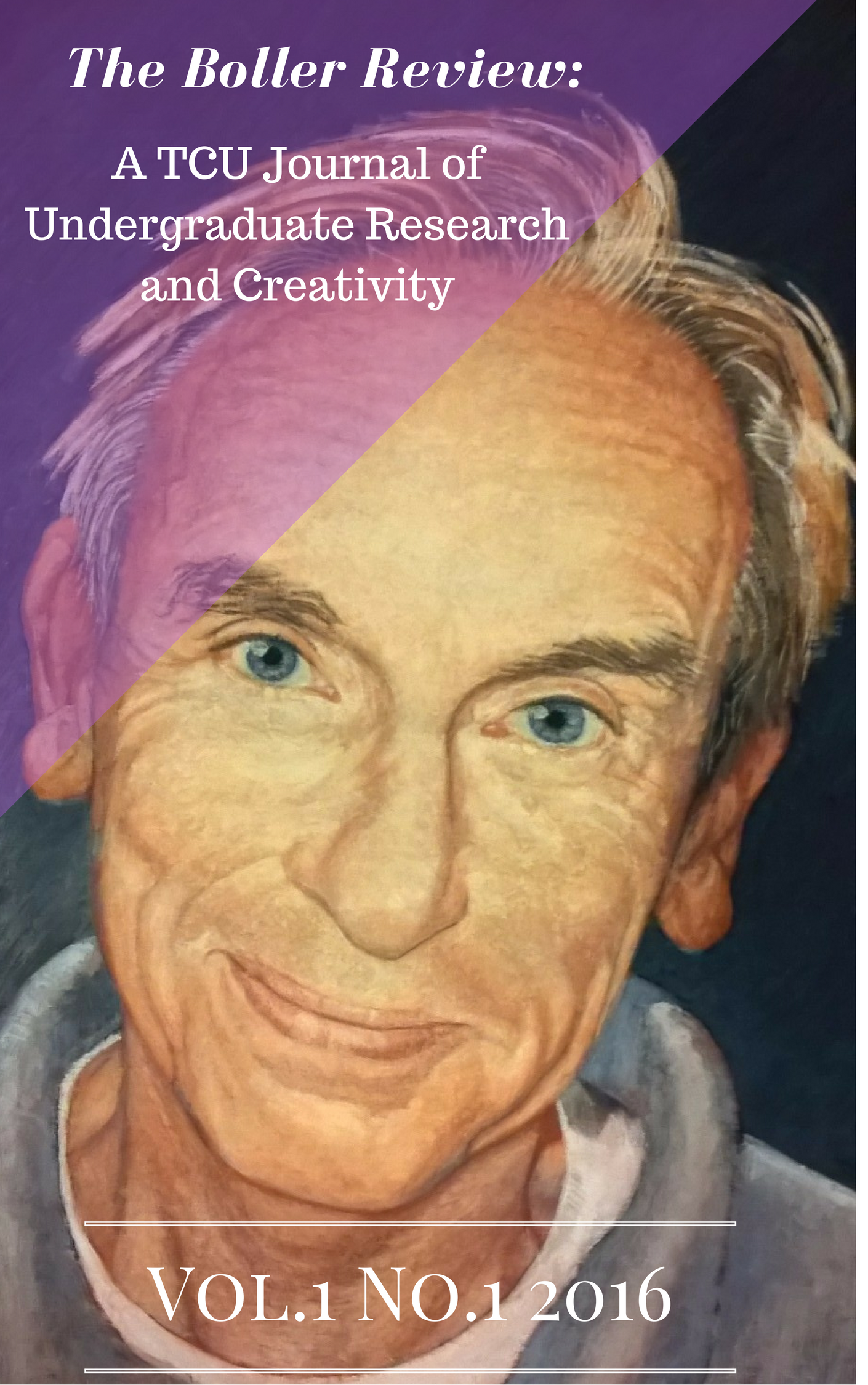Fighting for the Moral Cause? State Motivations for Humanitarian Intervention
Main Article Content
Abstract
Why do states conduct humanitarian missions in certain states and not in others? This paper evaluates the motivations of states to intervene in other states under the guise of humanitarianism, with a focus on multilateral military operations. Further, the main factor that this paper addresses is the role that human rights non-governmental organizations (NGOs) play in influencing states to intervene or not intervene, with an emphasis on NGO naming and shaming. By conducting a comparative case study between the civil conflicts in Kosovo and Rwanda, this paper tests the following hypothesis: the more comprehensive an NGO’s naming and shaming campaigns are in a particular state in regard to a humanitarian issue, the more likely an outside state will intervene in that target country. Although Kosovo and Rwanda both had naming and shaming, the difference lies in the amount and substance of the naming and shaming. This paper argues that Kosovo received more naming and shaming at a higher quality, while Rwanda received less naming and shaming at a lower quality. Further, this paper argues that these differences in naming and shaming contributed to the differing outcomes; Kosovo received substantial international attention, while Rwanda did not.
Comments from Mentors
“I served as an out-of-department committee member (“third reader”) for Alayna’s honors thesis. A section of Alayna’s thesis originated in excellent work she did for me in my Africa and the African Diaspora class, and I was thrilled to partner with her when she told me about the larger work she had in mind for the thesis. A tenacious researcher of material that has real-life application, Alayna is also an astute thinker, a highly persuasive writer, and a fiercely intelligent young woman whose manifold success at TCU augurs well for future accomplishment.”
“Alayna was one of those students who needed very little mentoring, as she had a great work ethic and wrote very well already.
She picked her topic, came to me with it, and then most of our time was spent in determining how to investigate what motivated her while still keeping the project manageable from a time and resources standpoint. That was our most common point of discussion – finding the boundaries of her project so it was ‘doable.’
The rest she did on her own.”
“Working with Alayna on her thesis was a unique and rewarding experience. I had Alayna as a student during her first semester at TCU, and then subsequently had her as a student in my UN and Game Theory classes in addition to serving as her thesis advisor. What became readily apparent through her work on various assignments was her tremendous concern for people suffering around the world and what drove the response to that suffering. Her thesis really began to take shape the semester she completed my Game Theory class. In that class, she began to analyze when non-governmental organizations were likely to take action to address situations where genocide is occurring and when that action is likely to be successfully. She continued to refine the ideas from the paper for her senior thesis. In her thesis, she constructed a unique theoretical argument and a fascinating methodology that allowed her to examine the effect of NGO activity on the genocides in Rwanda and Kosovo. As we worked on her thesis, I was continually impressed by the sheer volume of research she completed. That research required her to seek out unique documents from Amnesty International and Human Rights Watch as well as congressional testimony and floor speeches.
In the end, however, what was most rewarding was to know that while Alayna was exploring this topic from an academic perspective, she was and is truly committed to serving others and working to make the world a better place.”
